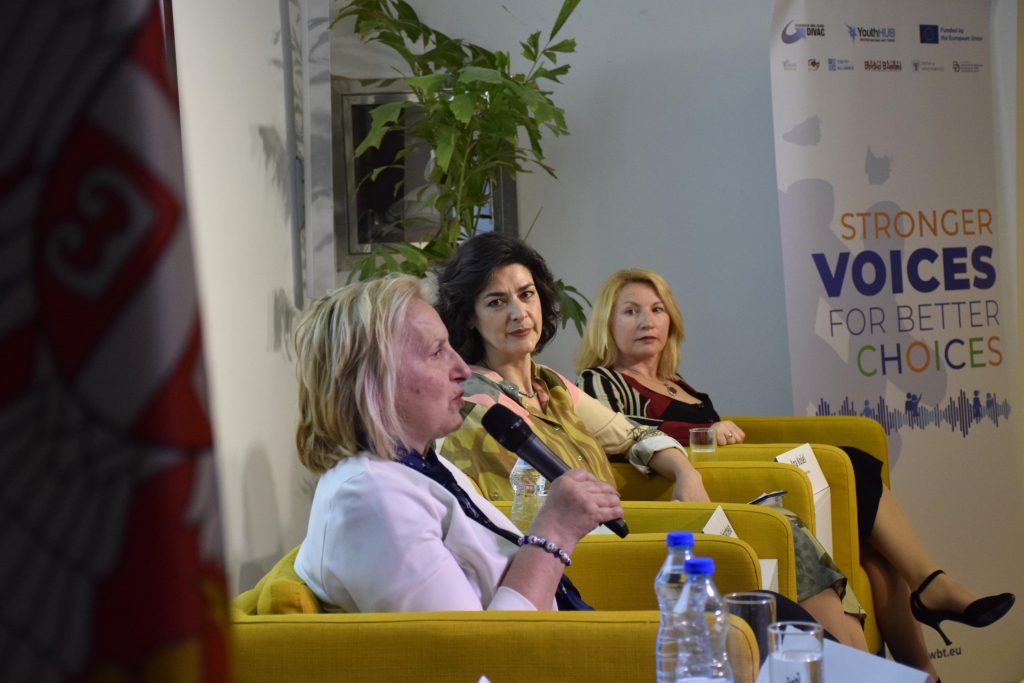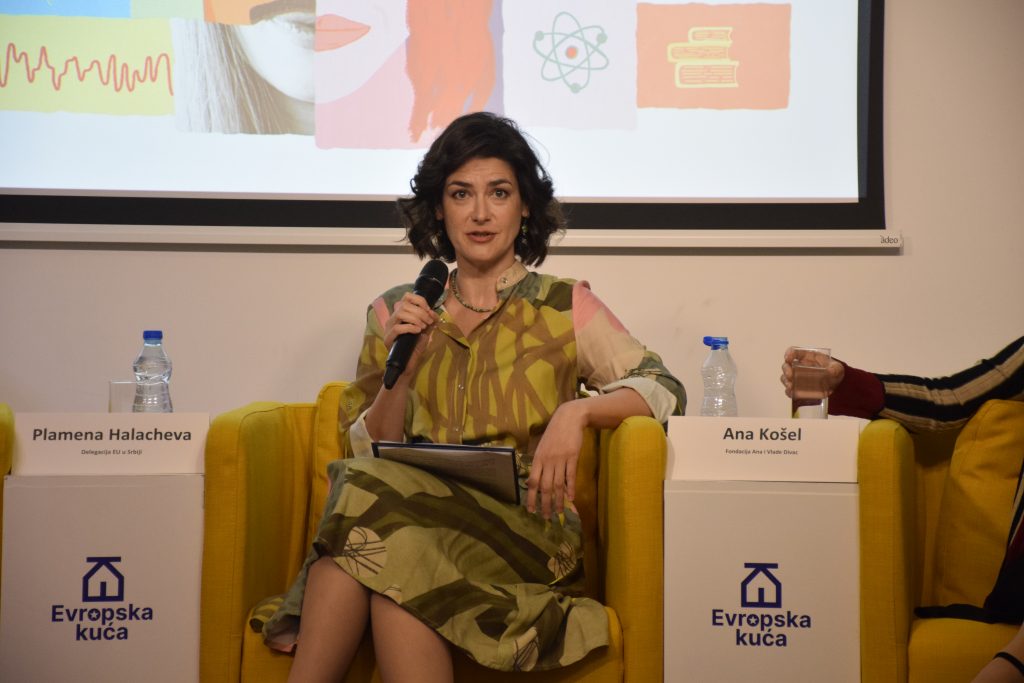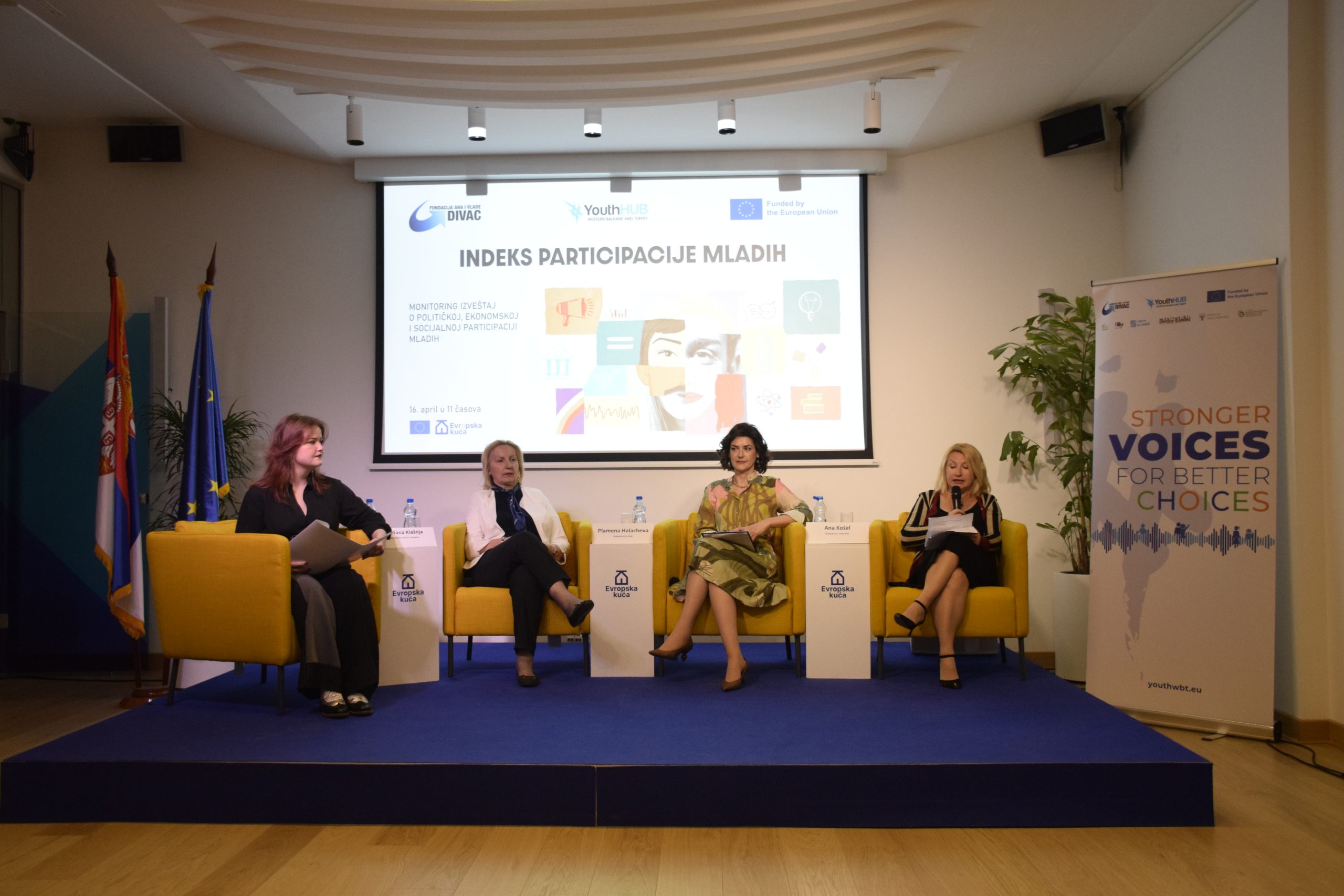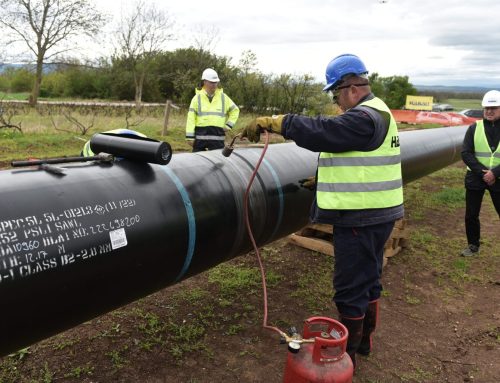According to the latest data from the annual edition of the regional Youth Participation Index, in Serbia in 2023, 18.5 percent of young people aged 15–29 were unemployed, which is an increase of 1.4 percent compared to the previous year’s Youth Participation Index data, namely 17.1 percent in 2022.
At the presentation of the eighth annual edition of the regional Youth Participation Index (YPI), covering data for 2023, attention was also drawn to the insufficient representation of young people in political life across the Western Balkans and Turkey, the exclusion of certain categories of young people from employment and education, as well as risks such as long-term unemployment and poverty, particularly affecting young women and those living in rural areas.
The eighth edition of the Youth Participation Index places a special focus on the institutional participation of young people in politics and shows that young people are one of the least represented groups in the parliaments of the Western Balkans and Turkey, with less than 5 percent representation. Furthermore, during the period covered by the research, there were no ministers under 30 years of age in the region’s governments, and the number of deputy ministers from this age group was almost negligible.

“Youth political participation is a crucial topic for everyone, especially as the results of the Index serve as a source of data for decision-makers when creating evidence-based youth policies and prioritising activities in the field of youth policy. Active youth participation in society has also been recognised in the Youth Strategy of the Republic of Serbia for 2023–2030, particularly through the special goal: Young people are active participants in society at all levels, and through five measures for its implementation. Participation in all processes and respecting the principle of leaving no one behind is a precondition for the progress of any society,” said Snežana Klašnja, Youth Policy Advisor at the Ministry of Tourism and Youth.
For eight years now, the Youth Participation Index has been published as a tool for gaining insight into the broader political, economic, and social context that can either empower or hinder youth participation in society. Covering an eight-year data series, collected from 2016 to 2023, the Index provides a comprehensive overview of opportunities for young people through 25 indicators of political, economic, and social participation.
“As active citizens, young people can hold institutions accountable, advocate for democratic values, and demand transparency. This is especially important for the Western Balkans, a region working actively to strengthen democracy, the rule of law, and respect for human rights as part of the EU accession process. The European Union readily supports projects that promote regional cooperation and apply the principles of participatory democracy in practice,” said Plamena Halacheva, Deputy Head of the European Union Delegation to Serbia.

“At the Ana and Vlade Divac Foundation, we firmly believe that youth participation, education, and economic empowerment are key to the development of any society. We view the Youth Participation Index as a unique regional comparative methodology for data collection and monitoring of youth involvement in political, economic, and social decision-making processes. The Index analyses the situation across the Western Balkans and Turkey on these topics, enabling us to identify common challenges and possible solutions, as well as a set of recommendations for improving the status of young people in the region,” said Ana Košel, Director of the Ana and Vlade Divac Foundation at the opening of the conference.
The Youth Participation Index represents a concrete tool for decision-makers and civil society organisations in designing programmes tailored to the real needs of young people, and enables the monitoring of positive or negative trends, which significantly contributes to planning future steps to improve the status of young people.
Each year, the Index particularly highlights the situation of young people who are neither employed nor in education or training – those in NEET status.”In the fields of economic and social participation, year after year, we observe that almost every fourth young person in the region has NEET status, with young women aged 25–29 being in a particularly vulnerable position. According to the latest data, over 19 percent of young people in Serbia are at risk of poverty, which practically means that about 200,000 young people live on less than 300 euros per month. Adding to this the fact that over 15 percent are recipients of social assistance, we can conclude that there is still much work ahead of us to improve the position of young people,” said Mirjana Mirosavljević Bobić, Project Manager of “Stronger Voices for Better Choices” at the Ana and Vlade Divac Foundation.
The Youth Participation Index was developed by the Youth Organizations Network from the Western Balkans and Turkey (YHWBT Network), comprising 68 civil society organisations, with the aim of ensuring greater youth involvement throughout the Western Balkans and Turkey. The network is coordinated within the project “Stronger Voices for Better Choices,” supported by the European Union, and managed by the Ana and Vlade Divac Foundation (Serbia) in partnership with Partners Albania for Change and Development (Albania), Youth Alliance – Krusevo (North Macedonia), NGO Prima (Montenegro), Community Volunteers Foundation (TOG) (Turkey), Institute for Youth Development Kult (Bosnia and Herzegovina), and Democracy for Development (Kosovo).




